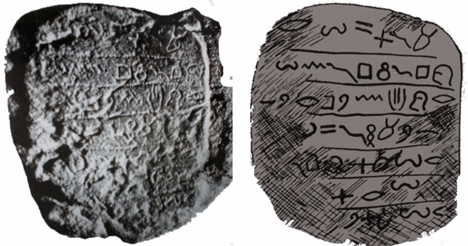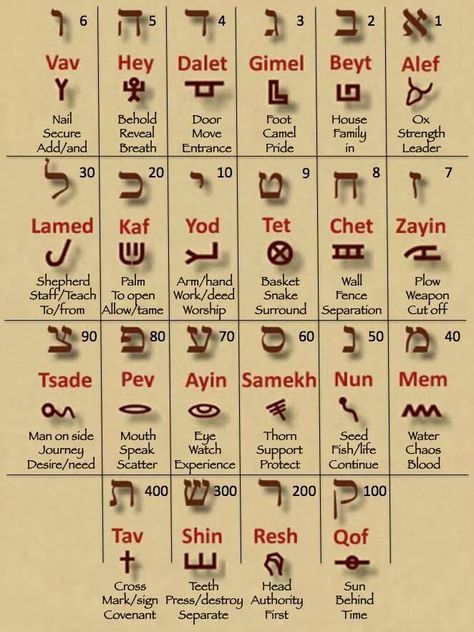Ehav4Ever
Well-Known Member
There is a concept of faith, or loyalty ['emun'], in the Torah.
Deuteronomy 19,20. [JPS 1985 Edition].
Incorrect, faith and loyalty are not the same thing even in English. Also, the JPS is not a valid translation, especially if one reads their introduction. The Hebrew word (אמונה) does not mean what "faith" means in English. As Rav Saadya Gaon, Rambam, Rabbi Hirsch, and others explain the root (א-מ-נ) is derived in trust in something has been established. This is why the Rambam explains that the first mitzvah of the Torah is (לידע שיש שם מצוי ראשון) not (להאמין) but (לידע) meaning to "Know that there is a Source of creation."
Also, if one reads the Hebrew one knows that the concept of what Christians have for rightousness is not the same as the concept of (צדקה) found in the Tanakh. As the Rambam explains:
מי שזכייותיו יתרות על עוונותיו, צדיק
According to Christianity.com, rightousness in Christianity is defined as:
Righteousness is an attribute that belongs to God, the Lawgiver, and is manifested in His laws. No man can be justified by his own works apart from God’s ordinance. Therefore, righteousness is a wonderful gift from God to humanity through His love: it is the God-given quality imputed to man upon believing in the Son of God.
These are not the same thing. Thus, as Christians hold by a completely concept that is based on Greek texts, English translations of those texts, and not you sitting down and reading a Hebrew text from start to finish.
As I told you. You are going to have to start with a Hebrew text and not an English translation. (No matter who did the English translation) I live in Israel and I read things in Hebrew and Aramaic. You will have to prove things from there of you haven't proven anything to me at all.
Cheers


